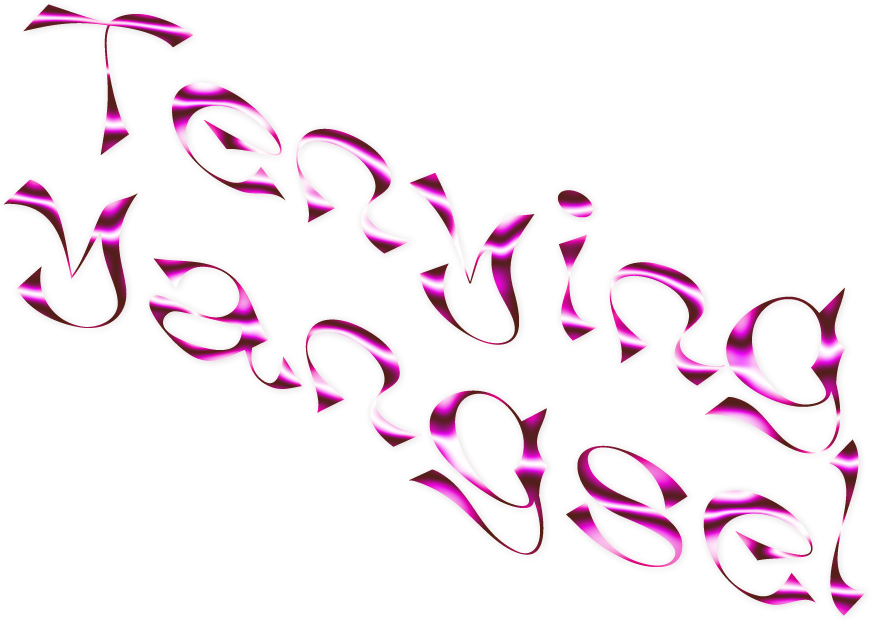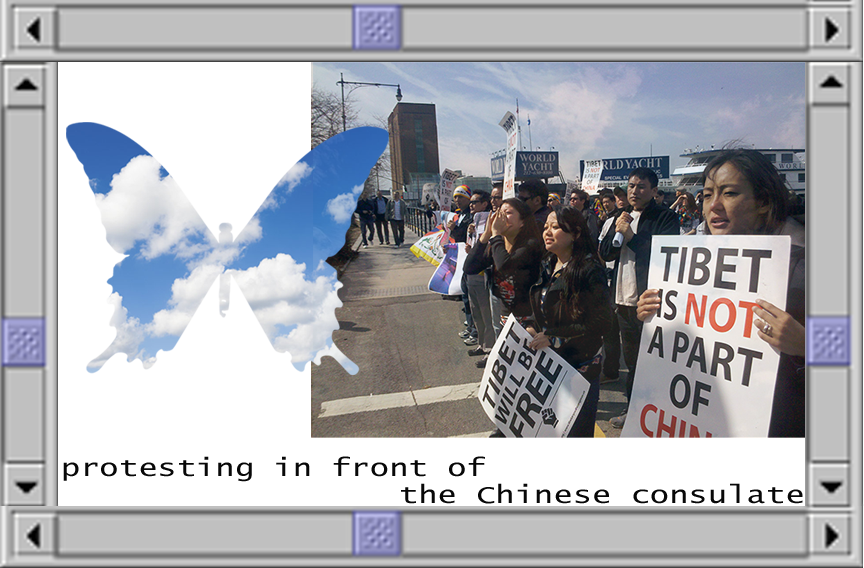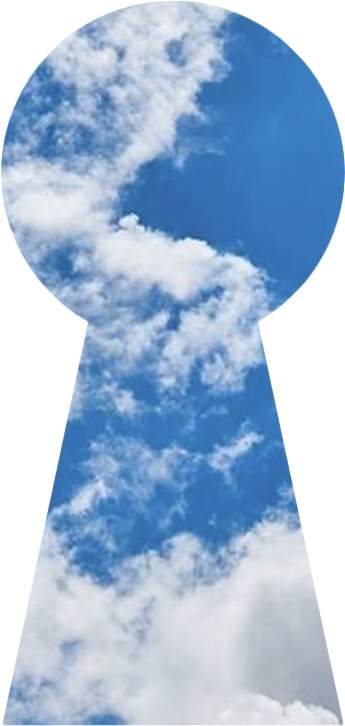


IF MY LIFE was a movie, it would be a travelling movie. You know how people usually have childhood friends and best friends because they grew up together? I never had that because I was always moving from one place to another – India, Nepal, New York. I’m Tibetan, so we had to move around a lot. I travelled around India, went back and forth to Nepal then came to New York.
Tibetan culture and the religion is very intertwined, because Buddhism is like a way of life and it really influences our culture. My grandmother was Bhutanese, but she spoke Tibetan in our household. We’d speak three or four different languages at home, including English. I also speak Sharchokpa, one of the dialects of Bhutan. Growing up in India, Nepali was around me, and so I speak it too.
she/her
> I have to make that effort to explain and it's not easy.


IN INDIA, we have refugee settlements. I never grew up in that strong-knit Tibetan community, but when I was in the fourth grade, I lived for a year in a Tibetan settlement. And that’s when I was introduced to the political part of Tibet, of being a refugee. We went to the March 10th protest, which is a big deal because it's the uprising in Tibet. I still remember those chants, but I guess at the time, you don't know what it means, right? I mean, even though you know the words, are you really feeling it? I didn’t know what it meant until I came to New York. That's when the Tibetan identity became stronger, I would say, because I went to a Tibetan Sunday school and I went to the Students for Free Tibet summer camp. The activist part of me started from there.
In New York, I went to Newcomers high school, which is an immigrant high school where everybody is new to the country. So it was there when people were like, oh, I'm from this country, I'm from that country. And then I would be like, I’m Tibetan, but I grew up in India and Nepal. I always make sure that I say I'm from Tibet, even though saying that means I have to explain a lot. Some people haven't heard of Tibet. Some people say, oh, this is China and some people say oh, the Dalai Lama.

This could be because as Tibetans, we do not really have a home, our identity in itself is questionable to a lot of people. The most time I've spent in one country or one place is in New York City, but I still don't feel like I am a New Yorker or an American. In India, I always get the stare. People stare at me because I look different. They call us chinky, and when I go and speak Hindi with them, they get shocked. Even though I haven’t spent that much time in Nepal, I feel more connected or safer there. In 2015 after the earthquake, I left my job and I went back to Nepal, just to see how I can help. I was there for eight months, volunteering. I came back, stayed six months, and then went back again. There’s a tie that pulls me back.
In larger spaces, I always feel drawn to an Indian person or a Nepali person, I'm like, okay, I can connect. But I realized that their experience of being Indian or Nepali is very different. I feel really Desi, because I really love Bollywood and Indian culture, but when I was asking my other Tibetan friends, I realized that they don't feel that way. Even though they grew up in India, they feel more connected to the culture here (in the US). So that's when I started to question my identity because I started having these questions, like am I supposed to be part of this culture or these spaces?
SINCE BEING IN New York, I was very focused on the political part of the Tibetan identity, but then recently I decided to take a break from it, even though being a Tibetan in itself is a very political thing. Now I'm more into the social aspect and I'm trying to see how I can help the community in that way. I got more interested in mental health because I was working with the Survivors of Torture program. The importance of mental health became clear to me and how it is not so prominent in our culture.




IT'S IMPORTANT FOR MYSELF, my identity, to know where my ancestors came from and what struggles they had, because my mom and my grandmother didn't know how to deal with their traumas. And because of that, they pass that on to us in a way. So I am trying to take a conscious decision of being aware of how to deal with those traumas so that I don't pass it on to the next generation. And the biggest thing I did was go to therapy. Even though I talk about mental health a lot, I never got myself to do it.
TENYING YANGSEL (she/her) is a housing counselor at Chhaya CDC, a non-profit that addresses the housing and economic needs of working class South Asian and Indo-Caribbean New Yorkers. She’s also an adviser at Drokpo, a youth-led organisation that supports the Himalayan community in Nepal. Tenying is a dancer and loves Bollywood, Nepali and Tibetan dance forms.
